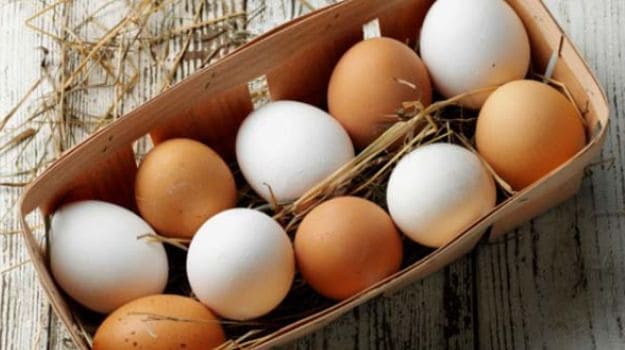Your diet plays an important role in managing diabetes. In fact, your diet and lifestyle are important aspects of diabetes management and treatment. The food you eat on a day-to-day basis has a direct impact on your blood sugar levels. However, first and foremost is getting an insight about what you are dealing with. We asked Celebrity Nutritionist Consultant Jaydeep Bhuta for his expertise on the subject. According to him, diabetes is the incapability of the human body to remove extra glucose that enters the bloodstream. When a person consumes sugar, it eventually ends up in the bloodstream. A normal human body releases a hormone called insulin that helps in regulating blood glucose levels. For a diabetic, this insulin is either not sufficient or not of good quality. This is why it would not be wrong to say that a diabetic is intolerant to food that has sugar in it. A person with diabetes has a very high HBA1C, which restricts the consumption of starchy carbs and sugars.
What most people don't realise is that carbohydrates have a major role to play in determining blood glucose levels. This is because, carbohydrates are the sugars, starches and fibres that are found in fruits, grains, vegetables and milk products. It is these sugars and starches that eventually breakdown into the sugar, which enters the bloodstream after consumption.
Some reports suggest that at least 1 out of 4 Indians suffer from the problem of high blood sugar. Therefore, this issue needs to be urgently addressed. If not addressed in time, a lot more problems could arise due to higher sugars levels.
Some of the many problems that a diabetic can face if he or she doesn't manage their blood sugar levels are:
1. Kidney Damage
2. Lower Immunity
3. Compromised Healing
5. Gangrene
Hence, it is very important for a person to know about the food groups and the sugars they contain. The problem here stems from lack of knowledge on how to maintain or keep diabetes in check. Once a person gains the knowledge and is better educated on the concept of carbs and knows what foods have sugars, then automatically they are in a better position to get their blood sugar level in control by eating right.
Making things worse are fads being sold in the market as diet - a lot of food products are wrongly sold in the market as healthy. Sugar-free biscuits and products named "diet foods" are not necessarily safe to consume. This is because, while they might be sugar-free, they may be extremely high in carbohydrates.
Hence, for diabetics, I would advise a low-carb diet. Here is a list of 5 foods that are low-carb and are useful for reducing blood sugar levels:
1. Nuts:
Brazil nuts, macadamia nuts, almonds, walnuts, pecans - These are ideal for those who do not wish to follow a very strict low-carb diet. They can be used as snacks and can replace biscuits. Nuts also provide their nutritional values like potassium, magnesium, zinc and other minerals.
2. Meats:
Chicken, mutton, prawns, lobster, crabs and eggs have a high protein quantity and are ideal for those who want to follow a very strict low-carb lifestyle.

Eggs are a powerhouse of essential nutrients
Photo Credit: iStock
3. Berries:
Although not very low in carbs, berries can be consumed too and are preferable to apples and mangoes.
4. Leafy Green Vegetables:
Spinach, kale, asparagus, broccoli, methi, lettuce, zucchini, cucumber, mushrooms, green capsicums, cauliflower, French beans are also very low in carbs. In addition, they are packed with vitamins and minerals.
5. Cottage Cheese:
Cottage cheese is rich in protein, vitamins, and minerals like calcium. Consumption of cottage cheese is ideal for continued good health.
Along with the consumption and application of a low-carb lifestyle, it is crucial to workout as well. Exercise plays a very important role in maintaining blood sugar levels. According to science, weight training is a better form of exercise for diabetes management. Although, both cardio as well as weight training are recommended workouts.
Jaydeep Bhuta is a Nutritionist Consultant, specialising in fat loss and diet control.
Disclaimer:
The opinions expressed within this article are the personal opinions of the author. NDTV is not responsible for the accuracy, completeness, suitability, or validity of any information on this article. All information is provided on an as-is basis. The information, facts or opinions appearing in the article do not reflect the views of NDTV and NDTV does not assume any responsibility or liability for the same.








